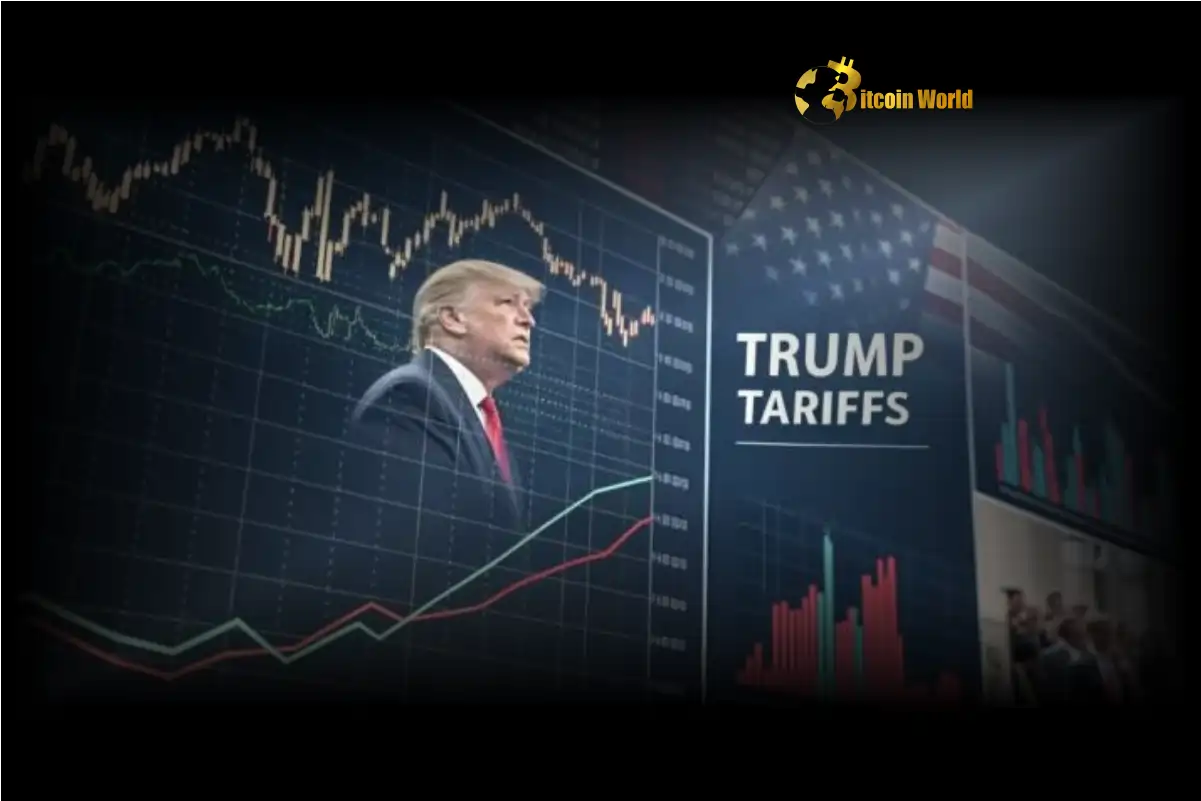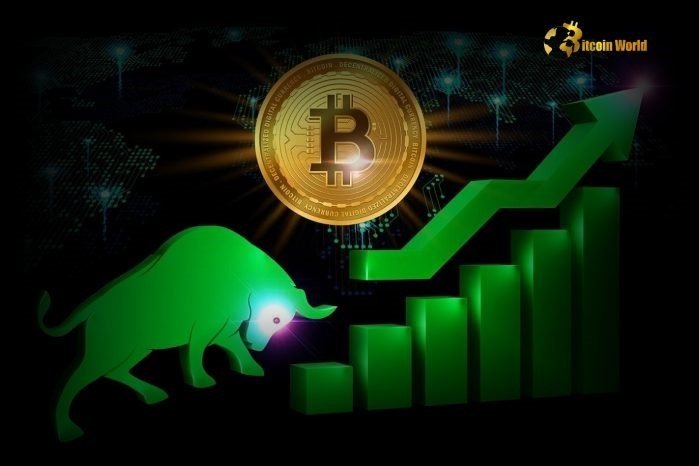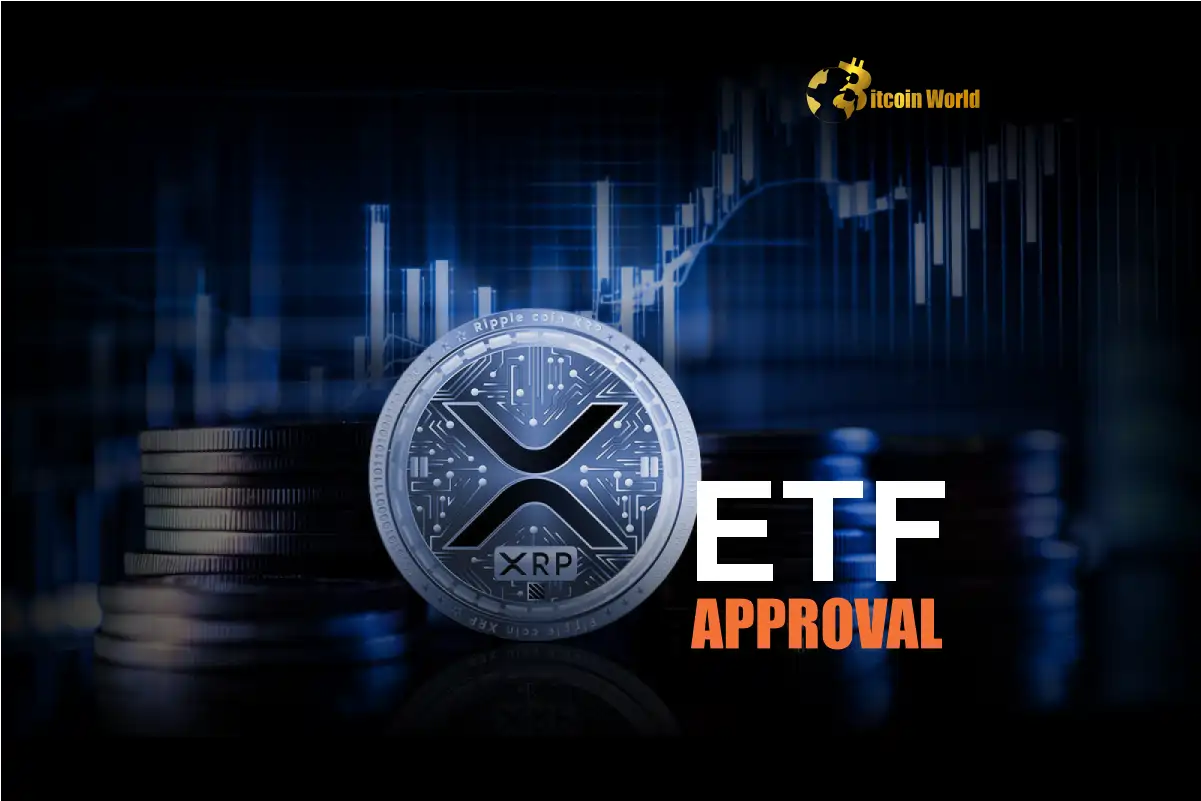Hold onto your hats, crypto enthusiasts! The economic landscape just shifted dramatically. In a move that has sent ripples through global markets, the White House has officially confirmed the implementation of a staggering 104% tariff on Chinese goods. This isn’t just a minor trade adjustment; it’s a full-blown escalation that could have profound implications across various sectors, including our beloved crypto space. Let’s dive into what this jaw-dropping development means for you and the future of digital assets.
What Triggered These Shocking China Tariffs?
According to a report by Walter Bloomberg, citing Fox Business on X, the White House Press Secretary made the announcement that this massive tariff took effect at noon ET. The catalyst? China’s failure to withdraw its retaliatory measures. This tit-for-tat trade dispute has been simmering for a while, but this latest move signifies a significant hardening of stances. The tariffs are slated to begin being collected on April 9th, giving businesses and markets a short window to brace for the impact. Here’s a quick breakdown of the key events leading to this point:
- Initial Trade Tensions: Long-standing trade imbalances and disputes over intellectual property have been a point of contention between the US and China for years.
- Retaliatory Measures: When one nation imposes tariffs, the other often responds in kind, creating a cycle of escalating trade barriers.
- Deadline for Withdrawal: The White House seemingly issued an ultimatum for China to withdraw its retaliatory measures, which was not met.
- 104% Tariff Implementation: As a result of China’s inaction, the US has now imposed a hefty 104% tariff on select Chinese goods.
The Looming Trade War Impact on the Global Economy
This isn’t just a bilateral issue; the implications of these China Tariffs reverberate across the entire global economy. A trade war of this magnitude can disrupt supply chains, increase inflation, and dampen economic growth worldwide. Here’s how:
| Impact Area | Potential Consequences |
|---|---|
| Supply Chains | Disruptions as businesses scramble to find alternative sources for goods previously imported from China. Increased costs and delays are likely. |
| Inflation | Higher tariffs translate to increased costs for imported goods, which can be passed on to consumers, driving up inflation. |
| Economic Growth | Reduced trade and investment due to uncertainty and higher costs can slow down economic growth both in the US, China, and globally. |
| Geopolitical Relations | Escalating trade tensions can further strain US-China Relations, impacting diplomatic and political ties beyond just economics. |
For cryptocurrency investors, understanding these macroeconomic shifts is crucial. The crypto market, while often seen as independent, is still influenced by broader economic trends and investor sentiment.
How Will the Crypto Market React to Trade War Escalation?
Now, for the million-dollar question: How will the crypto market navigate this turbulent period of heightened trade war impact? While it’s impossible to predict the future with certainty, here are a few potential scenarios and factors to consider:
- Increased Volatility: Economic uncertainty often leads to market volatility. We could see increased price swings in Bitcoin, Ethereum, and other cryptocurrencies as investors react to the news and assess the risks.
- Safe Haven Asset Narrative: In times of economic turmoil, some investors turn to assets perceived as safe havens. Cryptocurrencies, particularly Bitcoin, are sometimes viewed as a hedge against traditional market instability. This narrative could strengthen, potentially driving some capital into crypto.
- Risk-Off Sentiment: Conversely, a widespread risk-off sentiment could lead investors to reduce exposure to all risk assets, including cryptocurrencies. In this scenario, we might see a temporary downturn in the crypto market.
- Impact on Mining Operations: China has historically been a major hub for cryptocurrency mining. Increased tariffs and trade tensions could further complicate mining operations and supply chains for mining equipment.
- Decentralization as an Advantage: The decentralized nature of cryptocurrencies could be seen as an advantage in a world of increasing geopolitical and trade friction. The ability to transact outside of traditional financial systems might become more appealing.
Navigating the Uncertain Waters: Actionable Insights for Crypto Investors
So, what should crypto investors do in the face of these developments? Here are some actionable insights:
- Stay Informed: Keep a close watch on economic news, trade developments, and market analysis. Understanding the bigger picture is crucial for making informed investment decisions.
- Manage Risk: Volatility is likely to increase. Consider diversifying your portfolio and managing your risk exposure appropriately. Avoid over-leveraging and only invest what you can afford to lose.
- Focus on Fundamentals: In times of market uncertainty, it’s wise to focus on the fundamentals of the projects you’re invested in. Strong projects with solid technology and use cases are more likely to weather market storms.
- Long-Term Perspective: Remember that cryptocurrency is still a relatively young and evolving asset class. Focus on the long-term potential and avoid getting caught up in short-term market fluctuations driven by news headlines.
- Seek Professional Advice: If you’re unsure how to navigate these complex market conditions, consider seeking advice from a qualified financial advisor.
The Future of US-China Relations and the Crypto Ecosystem
The imposition of a 104% tariff is a critical moment in US-China Relations. Whether this is a negotiating tactic or the start of a prolonged trade war remains to be seen. However, one thing is clear: the global economic landscape is becoming increasingly complex and uncertain. For the crypto ecosystem, this presents both challenges and opportunities. Navigating this new reality will require vigilance, adaptability, and a deep understanding of the interconnectedness of the global economy and the digital asset space.
The White House’s decision to implement these tariffs is a bold move with potentially far-reaching consequences. As the situation unfolds, it’s essential for crypto investors and enthusiasts to stay informed, remain agile, and prepare for a period of heightened market volatility and economic uncertainty. The shockwaves from this trade escalation are just beginning to be felt, and the crypto market, like all other sectors, will need to adapt and respond.
To learn more about the latest crypto market trends, explore our article on key developments shaping Bitcoin price action.
[ad_2]
Source link






